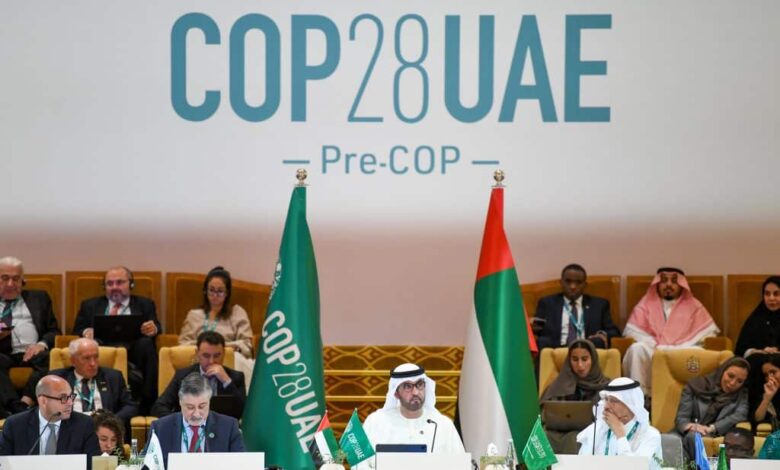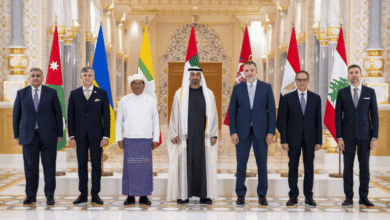The Politics of Prestige: UAE’s Role in Shaping the Future of COP Summits

The Politics of Prestige: UAE’s Role in Shaping the Future of COP Summits
The United Arab Emirates (UAE) has significantly influenced the trajectory of global climate diplomacy, particularly through its leadership during the 28th Conference of the Parties (COP28) to the UN Framework Convention on Climate Change. Hosted in Dubai in December 2023, COP28 marked a pivotal moment in climate negotiations, with the UAE playing a central role in steering discussions and outcomes.
🌍 UAE’s Strategic Leadership at COP28
Under the presidency of Sultan Ahmed Al Jaber, the UAE initiated a comprehensive approach to climate action, emphasizing the need for a balanced transition from fossil fuels to renewable energy sources. The summit’s outcomes included:
-
The UAE Consensus: A historic agreement urging all parties to transition away from fossil fuels, aiming to triple renewable energy capacity and double energy efficiency by 2030.
-
Operationalization of the Loss and Damage Fund: Establishing a financial mechanism to assist countries vulnerable to climate change impacts.
-
Launch of ALTÉRRA: The world’s largest catalytic private investor focused entirely on climate solutions.
These initiatives underscored the UAE’s commitment to fostering a global consensus on climate action, balancing economic interests with environmental imperatives.
🏛️ Institutionalizing Climate Diplomacy
The UAE’s influence extended beyond the summit, actively engaging in post-COP28 dialogues to ensure the continuity of climate commitments. Notably, the UAE hosted a strategy meeting with the Azerbaijani COP29 presidency to advance joint action and build climate resilience, focusing on vulnerable countries.
Additionally, the UAE led discussions at the Copenhagen Climate Ministerial, emphasizing the role of Nationally Determined Contributions (NDCs) in sustainable development and investment mobilization.
🌐 Global Partnerships and Investments
Demonstrating its commitment to global climate solutions, the UAE has forged significant international partnerships:
-
Clean Energy Cooperation with Italy and Albania: A €1 billion agreement to produce renewable energy, with some output transferred to Italy via an underwater cable, supporting sustainable energy targets.
-
National Climate Plan Submission: Ahead of COP29, the UAE unveiled its updated national climate plan, detailing emission reduction targets from 2025 to 2035, setting a precedent for other major emitters.
These collaborations highlight the UAE’s proactive approach in aligning national policies with global climate objectives.
⚖️ Navigating Criticism and Advocacy
Despite its leadership, the UAE faced scrutiny regarding the appointment of Sultan Ahmed Al Jaber, CEO of the Abu Dhabi National Oil Company, as COP28 president. Critics argued that his dual role could present conflicts of interest.
However, the UAE maintained that Al Jaber’s leadership was instrumental in bridging the gap between energy sectors and climate advocacy, fostering inclusive dialogue.
🧭 Conclusion
The UAE’s stewardship of COP28 exemplifies its strategic use of soft power to influence global climate policy. By facilitating consensus, fostering international partnerships, and navigating complex geopolitical landscapes, the UAE has solidified its position as a pivotal actor in shaping the future of global climate diplomacy.



